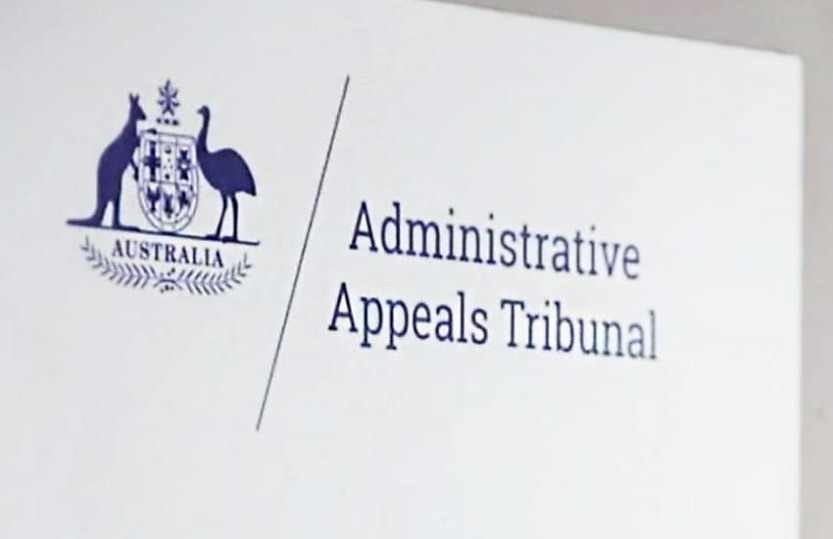Tax agent accused of $231k BAS fraud loses bid to halt TPB ban

A Sydney practitioner has failed to convince the AAT to confidentially stay the regulator’s termination decision.
A Sydney practitioner whose registration was terminated over allegedly receiving $231,766 in false BAS refunds has had his request to suppress his name and put the TPB’s decision on hold denied by a tribunal.
In March, the TPB banned tax and BAS agent Anas Hanieh, based in NSW suburb Condell Park, after concluding he breached the Tax Agent Services Act (TASA) 19 times, demonstrating a “serious and blatant disregard for tax laws”.
Hanieh sought to confidentially stay the TPB’s decision to terminate his tax agent registration pending a final review in the AAT, claiming he was the victim of a scam by an unidentified Facebook bookkeeper.
He also argued keeping the tribunal proceedings public would hurt his reputation and cause embarrassment.
In refusing the application for stay and confidentiality orders, senior member Diana Benk said Hanieh failed to show his stay application would have any reasonable prospects of success and that having open proceedings was necessary to maintain public trust in the tax system.
“One of the consequences of the principle of open justice is that embarrassing, damaging and inconvenient facts may occasionally come to light,” she said in her judgment this month.
“Such matters have rarely been regarded as a reason of itself for the suppression of evidence.”
During the hearing, the TPB “strongly” opposed the grant of a stay or confidentiality orders because of Hanieh’s “egregious” conduct.
It produced a “table of failures” containing Hanieh’s 19 alleged breaches of the code of conduct resulting in $231,766 in illegal refunds.
The regulator said breaches occurred on three main grounds. It alleged Hanieh failed to act honestly and with integrity by lodging false BAS statements and receiving significant refunds where he knew or ought to have known they were false and making false or misleading statements to the TPB and in his agent registration applications.
The TPB also said his conduct meant he failed to meet personal tax obligations and failed “fitness and propriety” requirements because he caused significant losses to the ATO, demonstrated a failure to comply with tax laws over three years, engaged in conduct which undermined the tax system’s integrity and demonstrated “a serious and blatant disregard for tax laws, together with a lack of accountability”.
Hanieh maintained he was “innocent of any wrongdoing; has been robbed of his chosen vocation, because of his lapse in judgment; and is a victim of a scam”.
“I was not involved in fraud or dishonesty since I was scammed prior to being registered as a BAS agent and tax agent,” he wrote in his written submissions.
“I love the accounting profession. I have the attributes of competence, good fame, integrity, confidence, and character in dealing with the Commissioner, the TPB and clients.”
“I have performed good actions for the clients and community. I have ensured tax obligations for clients and myself are lodged based on my learnings and experiences.”
But Benk said based on current evidence, Hanieh’s claim that he was a scam victim “beggars belief”.
“He testified that he is unable to obtain evidence as he was scammed by a Facebook bookkeeper, whose details he does not know, yet whom he entrusted with his finances.”
“Further, the device with which he communicated with the bookkeeper no longer exists and the bookkeeper is no longer on Facebook.”
She said the AAT had the power to stay applications if it was in the interest of Hanieh, the general public or the TPB but that Hanieh’s weak evidence meant the formal review hearing had “negligible” prospects.
It was also in the TPB and public’s interest to refuse the stay application, she said. “The evidence, allegations and findings point in one direction. The applicant freely admits he has no evidence to disturb them.”
“The refusal of a stay ensures that the public can retain confidence that [tax agents’] obligations, with regard to conduct, are taken seriously by the respondent.”
She also rejected the application to keep stay proceedings confidential because there were insufficient reasons given to go against the principle of open justice, with Hanieh’s concerns about “possible embarrassment” and reputational impact “not a cogent reason for a confidentiality order”.
The fact TPB termination decisions were made public on its register also meant there was “nothing inherently confidential about the respondents reviewable decision”.
About the author







